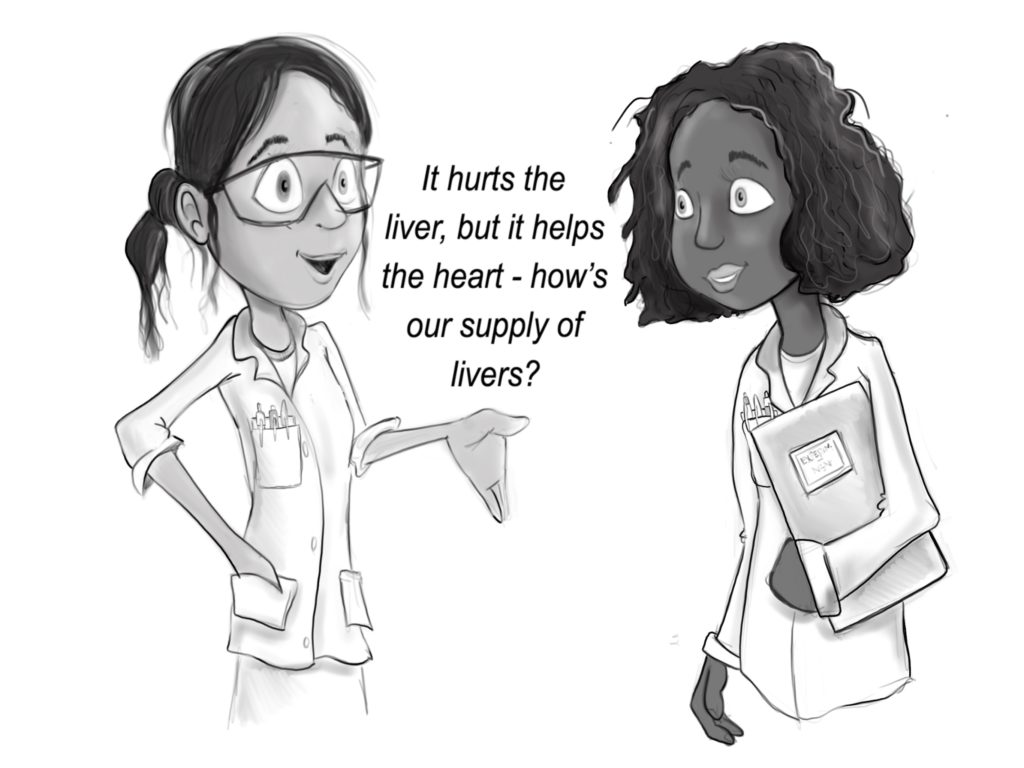
In theory, it would seem to be relatively easy to decrease intelligence by destroying brain cells or their interconnections (synapses). Surprisingly, the brain’s neuroplasticity enables it to rebuild parts of the brain that have been destroyed through surgery or disease. In cases when hemispherectomies (removal of one of the brain’s two hemispheres) have been performed on young people, the brain has been able to co-opt neurons to reconfigure its structure and no long term loss of IQ is evident. Even in prefrontal lobotomies, research is unclear whether there is a loss of intellectual acuity (see: EFFECT OF PREFRONTAL LOBOTOMY ON INTELLECTUAL FUNCTIONING IN CHRONIC SCHIZOPHRENIA)
For years, it was widely believed that electroconvulsive therapy (shock treatments) destroyed brain cells and lowered cognitive function. However there is a lack of consensus in the research community on whether or not this is true. For a comprehensive review of the research, see: https://connect.springerpub.com/content/sgrehpp/19/1/24
Though it is widely believed that alcohol kills brain cells, research has established that this is a myth. (visit: https://www.mayoclinichealthsystem.org/hometown-health/speaking-of-health/does-drinking-alcohol-kill-brain-cells) Prolonged excessive drinking can result in related health issues, such as liver dysfunction, or vitamin deficiencies that may ultimately lead to cognitive decline, but research suggests that the alcohol itself does not enter the brain and destroy cells. Alcohol is described as a neurotoxin that temporarily impairs communication between neurons and excessive consumption over time can lead to brain atrophy, but that is the result of other factors such as a depletion of folic acid. If you choose to imbibe, you are well-advised to do so in moderation. Also, be sure to hydrate and ingest lots of vitamin B..
We do know, however, that aging causes a gradual decline in cognitive function, and in cases of diseases like Huntington’s, Alzheimer’s and Parkinson’s, a decline of cognition is readily observable. In these cases, the brains are seen to be invaded by a “sticky” amyloid plaque that was first believed to be the cause of the cognitive decline. However, new studies suggest that this plaque might be the brain’s attempt to restore itself. Shortly after we reach adulthood, our fluid intelligence begins a slow decline. To sort out all the conflicting perspectives described above will require much more research by people whose cognitive function is in very slow decline.
